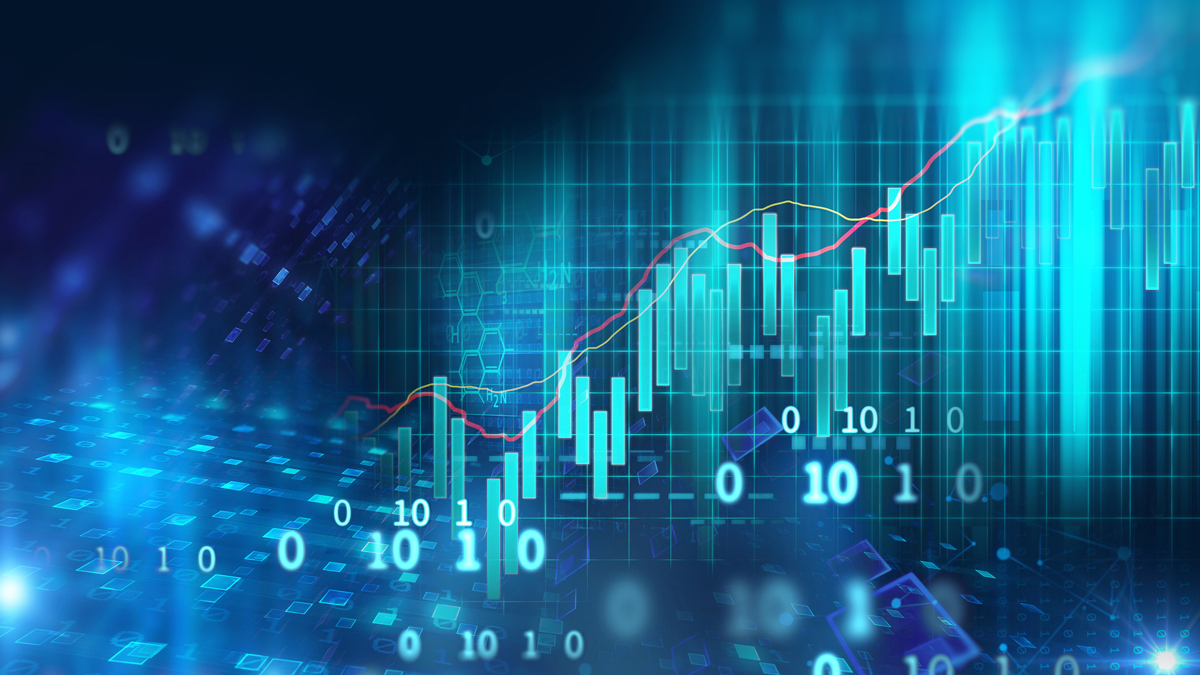Pharma says VPAS clawback jeopardises UK sector

A pharma industry organisation has warned that record levels of revenue clawback from the UK government is threatening "footprint, R&D, and manufacturing investments" in the country.
The Association of the British Pharmaceutical Industry (ABPI) said today that in 2023 manufacturers of branded medicines will have to return almost £3.3 billion (around $4 billion) in revenue to the government – 26.5% of total sales – under the Voluntary Scheme for Branded Medicines Pricing and Access (VPAS) introduced in 2019.
The scheme means that any company which decided to sign up guarantees that the NHS will not spend more than 2% more a year on branded medicines, keeping the medicines bill affordable. However, the ABPI says it is running out of control.
Returns have risen sharply from £0.6 billion in 2021 to £1.8 billion in 2022, and there has been speculation that the return rate could rise into the 30%-plus range in future.
"Such an extreme revenue clawback is actively harming the UK’s life sciences ecosystem, long held up as a key growth opportunity by successive governments," said the ABPI in its statement, which also notes that pharma manufacturers are contending with other rising business taxes and the costs of doing business in the UK.
"Despite objectives to support the industry, clawback rates have soared in the wake of increased NHS demand following the pandemic," according to the group. "The industry now regards the current approach, due to end in 2023, as broken."
Since 2014, the repayment percentage detailed in the VPAS and predecessor the PPRS averaged at around 7%, before skyrocketing to 19% in 2022 ahead of a government-agreed cap at 15%. The increase to 26.5% will deliver unexpected and difficult outcomes for the sector unless another cap can be agreed.
The ABPI is now calling for early and open talks with the government in the new year to thrash out the terms of a new settlement. The Department of Health and Social Care (DHSC) had not responded to the request at the time of writing.
"Following the pandemic, the existing system has been forced beyond breaking point and is now well outside anything seen elsewhere in the developed world," said ABPI chief executive, Richard Torbett.
"The life sciences industry has the potential to be the wind in the sails of a UK innovation-led recovery, but in the face of this storm risks blowing us backwards. Next year we must start again with a clean sheet of paper to agree on what an internationally competitive scheme looks like."
Concerns have also been voiced by the British Generic Manufacturers Association (BGMA), which represents companies selling off-patent drugs, which said the increase in VPAS tax will make some products lossmaking.
"The NHS runs on generic and biosimilar medicines, with four out of five prescriptions being filled by off-patent products," said the BGMA's CEO Mark Samuels. "Despite the UK’s competitive market already delivering the lowest prices in Europe, regulation means branded generics and biosimilars are subsumed into the VPAS scheme."
He continued: "It means manufacturers suffer a double-whammy – competition reduces prices by up to 90%, plus a now 26.5% VPAS tax on top. This situation is not economically sustainable."













